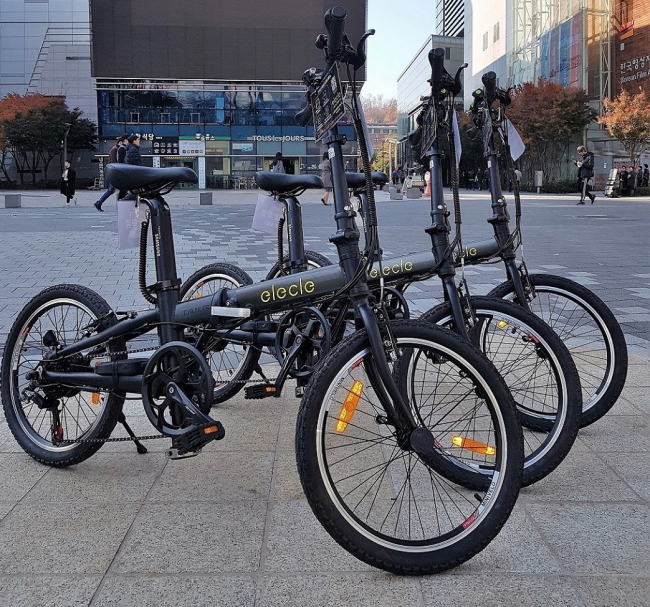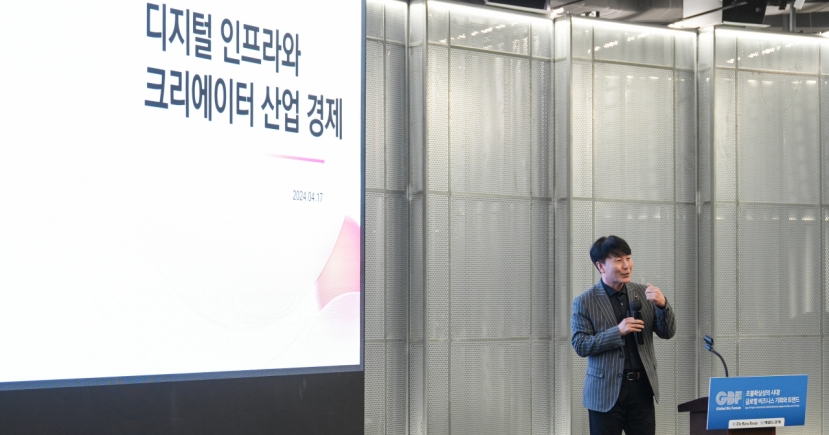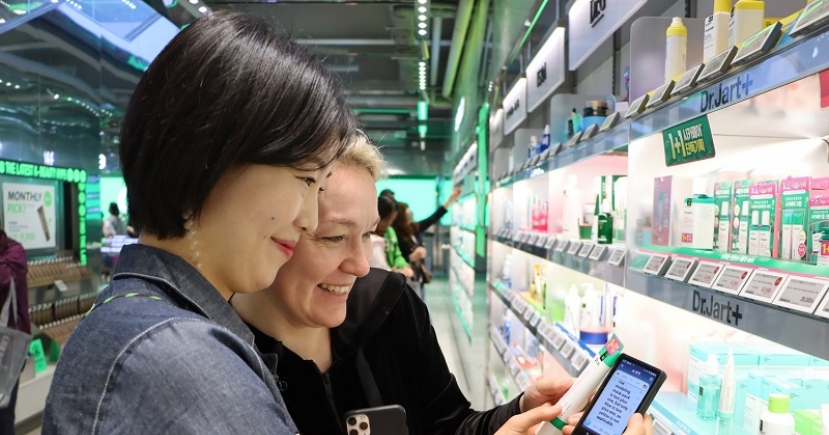Startups
Micro-mobility market gains traction with e-bike push by Kakao Mobility, SoCar
Like other shared economy business models such as car-sharing or house-sharing, first-and-last-mile mobility solutions such as bikes, e-scooters and e-bikes, have yet to blossom in South Korea.
But 2019 could be the year micro-mobility transportation finally flourishes, judging by where money has been flowing recently.
 |
Earlier this week, the country’s leading but still-struggling mobility companies Kakao Mobility and SoCar announced forays into the micro-mobility segment.
Kakao Mobility launched a beta service for electric bike-sharing on its platform, while SoCar said it had invested in a young e-bike sharing service provider, Nine2One.
Their moves attest to an effort to boost their identity as all-in-one mobility platforms including all that has to do with transportation. The trend has been already observed in the overseas market last year when the industry witnessed a flurry of takeovers, fresh rounds of venture capital fundings, and heated competition among startups.
Uber acquired e-bike sharing firm Jump for $200 million and bought stocks worth $3.35 million in electric scooter rental company Lime last year. Carmaker Ford bought e-scooter company Spin.
The demand is there
South Korea might be the best place for shared economy business models, despite what some say about it not yet being ready for e-scooters or e-bikes as they are not as prevalent on the roads as they are in the US or China. This is due to a growing and diversifying demand for the last-mile solutions.
“I believe mirco-mobility sharing is a promising market because while the urban traffic issue is getting more serious, customers increasingly demand more convenient ways to move around,” Bruce TY Jeon, partner at Bon Angels, a venture capital firm specializing in early-stage investment, told The Investor.
To China’s billion-dollar startup Mobike, also known as Meituanbike, South Korea has Seoul Bike operated by the Seoul Municipal Government. Seoul Bike has helped customers embrace the idea of bike-sharing, while at the same time proving that its dock-based service is not enough to satisfy the nation’s growing demand for diversified mobility.
“South Korea has a lot of hills and bikes are not enough for users to use as the last mile solution,” Jun Min-soo, chief marketing officer of MAAS Asia, the operator of dockless bike sharing service S Bike. “We concluded that e-scooters and e-bikes are more useful in this kind of setting,” he said.
Competition lining up
MAAS Asia plans to launch 1,000 e-bikes and e-scooters in April to meet the demand, joining other a dozen of startups that are undergoing e-scooter and e-bike push. With Kakao Mobility and SoCar jumping into the market, the competition is likely to heat up.
Like for other shared economy businesses, there are some regulatory hurdles for mirco-mobility segments. For e-scooter drivers, for instance, the law requires them to have a driver’s license and it cannot be used on footpaths or cycle lanes, making their use complicated. But the hurdles are not as high as those faced by carpooling companies and startups are working to change the law to make riding e-scooters and e-bikes more convinient.
“Although it is a business that has to seek profitability, the key to success is how to satisfy public interest,” Jeon of Bon Angels said. “Micro-mobility startups should work closely with many parts of society so as to build public infrastructure and meet the public interest.”
By Park Ga-young (gypark@heraldcorp.com)








